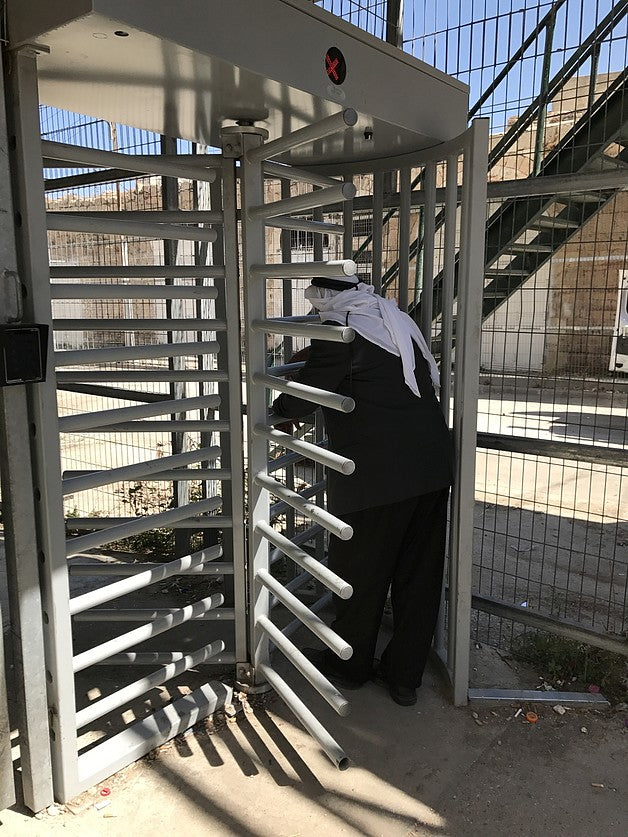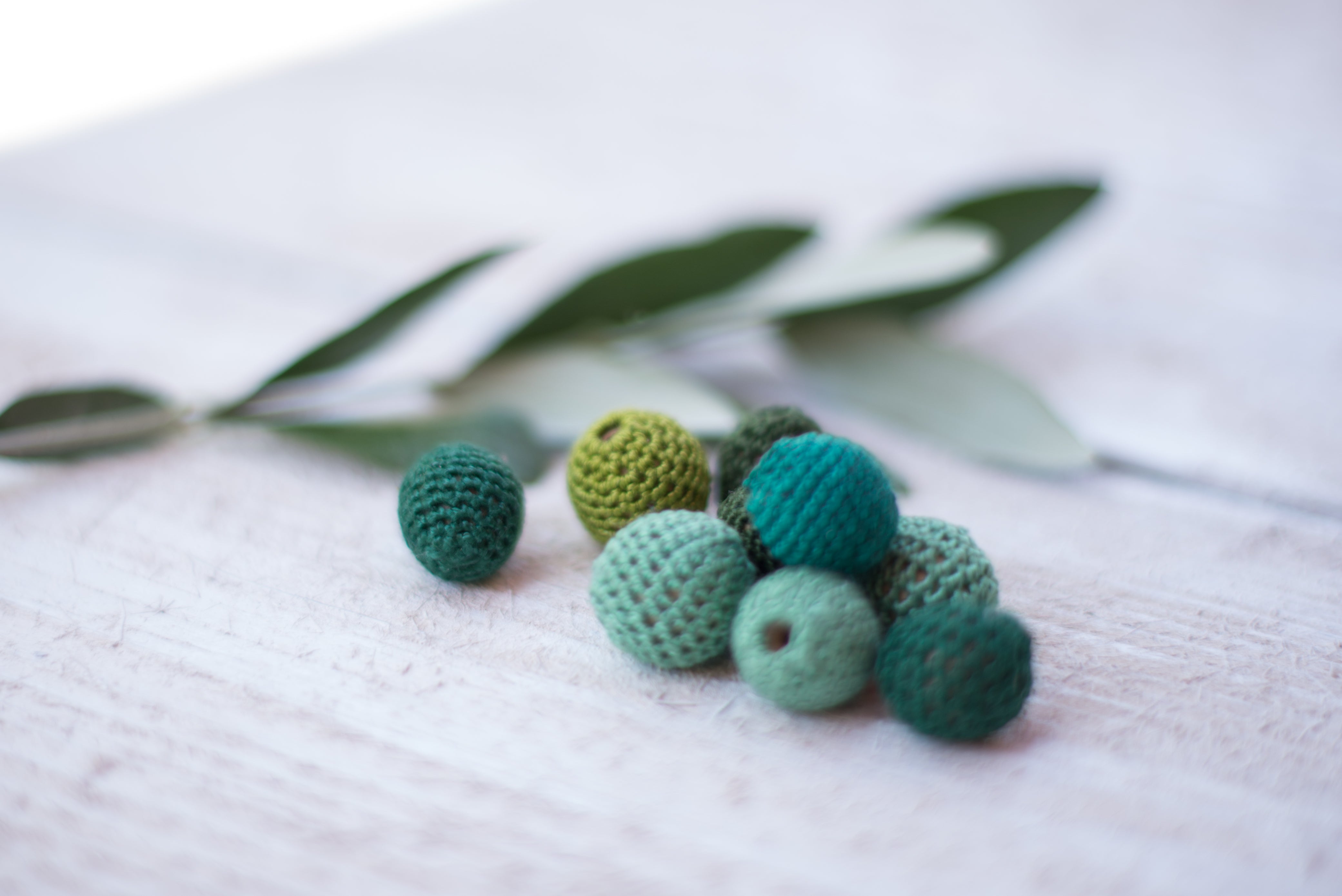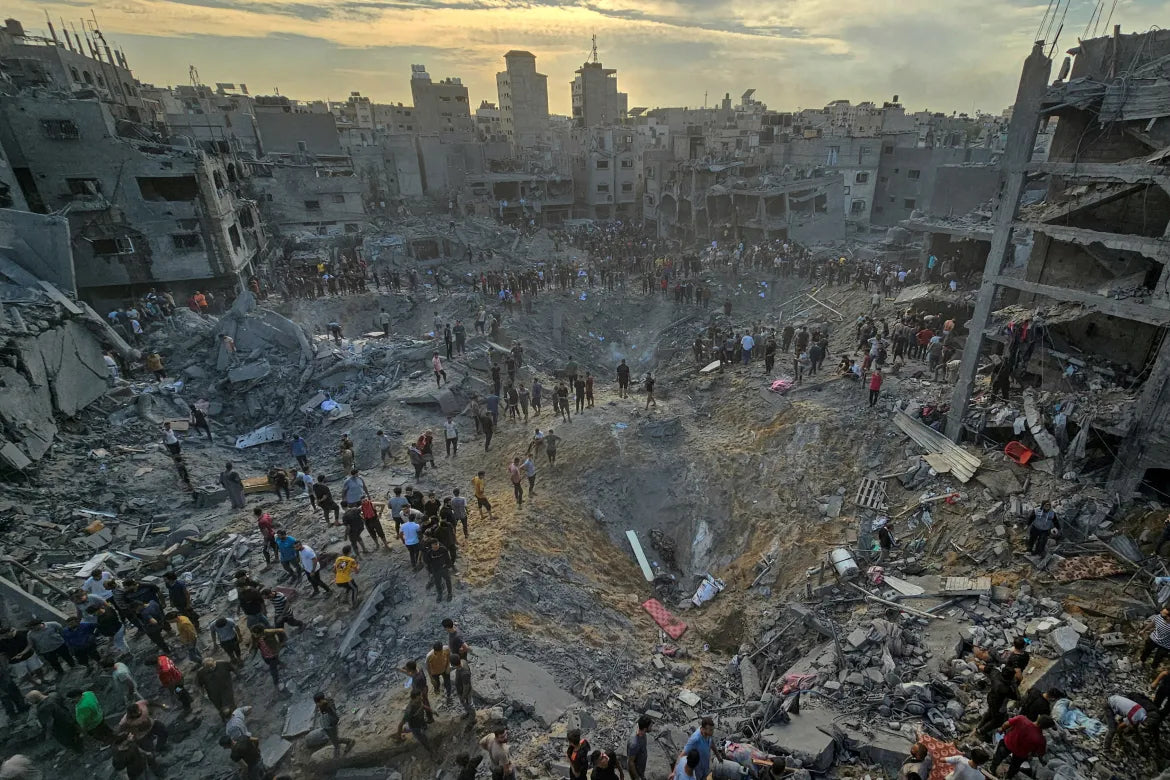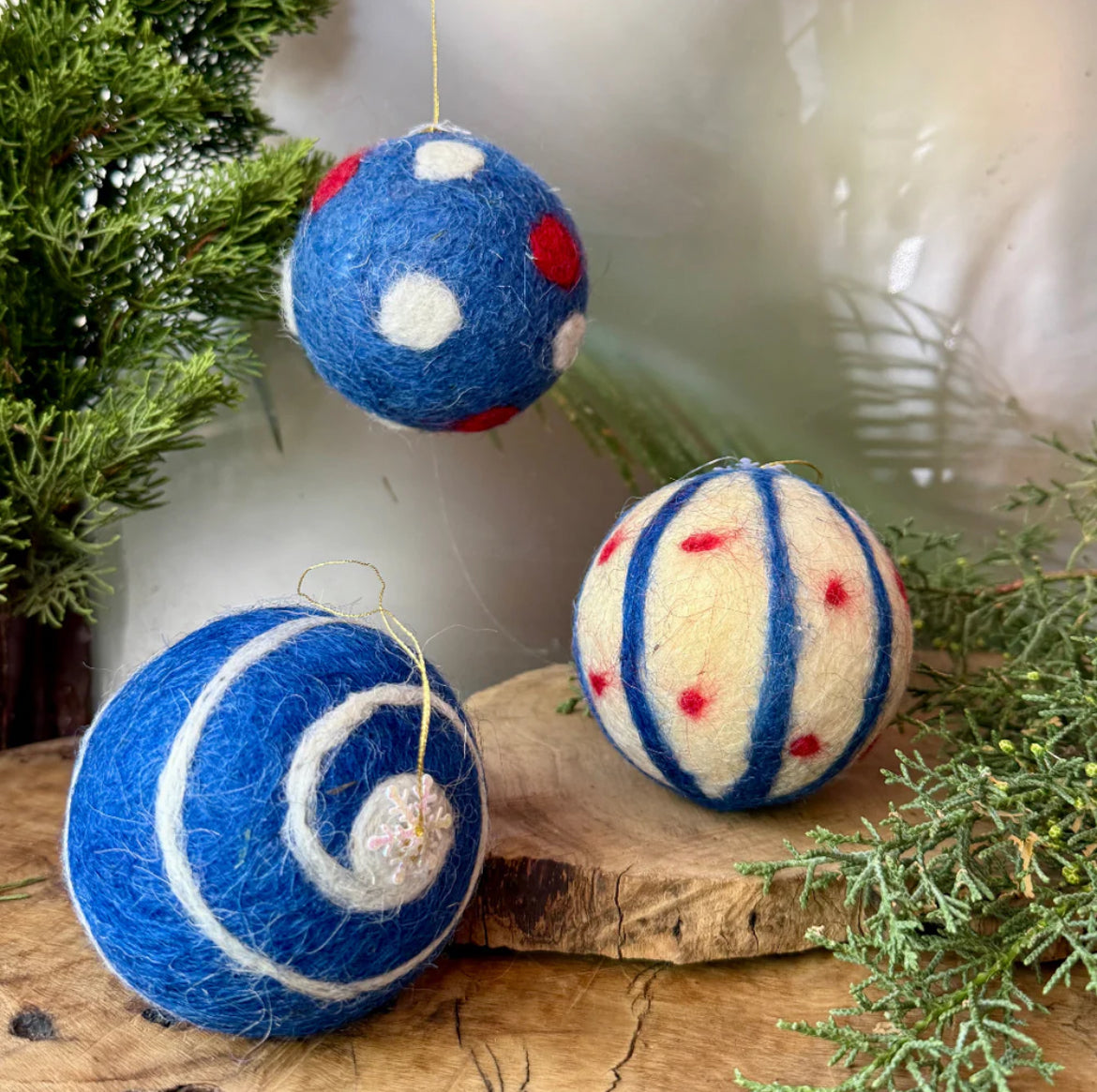
The Great and Impossible Challenge of Movement
By Morgan Totah, Founder of Handmade Palestine
Movement in occupied Palestine has always been complicated. But today, it feels almost impossible due to the insane system of apartheid and infrastructure of an illegal occupation.
Every journey, no matter how simple, is filled with uncertainty — will the road be open? Will the checkpoint be operating? Will soldiers decide to stop traffic, or worse? For those of us who live under occupation, movement isn’t freedom — it’s a gamble.
For me, movement is part of my work. Handmade Palestine was born out of a love for this land and its people — especially the women artisans who keep Palestine’s cultural traditions alive through embroidery, woodcarving, and jewelry making. To visit them, I have to move — from Ramallah to Hebron, from Bethlehem to Nablus. But every visit, every trip, carries the weight of planning, permits, and prayer.
I plan my trips like missions. I leave early, sometimes before sunrise, hoping to make it through before closures begin. What used to be a simple one-hour drive can now take up to eight hours round trip. So I pack for two days, even if I only intend to stay one. I take one of my children — usually my five-year-old daughter — because it’s too hard for my husband to manage both when the days stretch long and unpredictable.
She’s a bright, curious little girl who loves to meet the artisans. They shower her with hugs and laughter, offering sweets and stories. For a moment, those visits exemplify that beauty and community still exist here, even when everything else feels heavy.
But the weight always returns.
On one of our recent trips to Hebron, we knew the Israeli-installed large orange metal gates — the ones that control entry and exit to Palestinian towns — would close at 5 p.m. that day. These gates, built by Israel’s military, are massive steel structures that can seal off entire communities at a moment’s notice. They’re one of more than 700 barriers and checkpoints across the West Bank, according to UN OCHA. Some are permanent; others appear overnight. Each one represents the same thing: control.
We finished our visit and packed up quickly, hoping to make it through before closure. The minivan was full — five adults and my daughter, nestled safely between us. As we were driving, three Israeli soldiers suddenly appeared out of nowhere. Our driver slammed on the brakes.
Their weapons swung up instantly — rifles moving from side to side. The soldiers moved toward us fast, their boots hitting the ground hard. My heart stopped. Their guns aimed directly at my daughter. My body reacted before my brain did — I pushed my daughter’s head down into my lap. I remember the smell of dust, the sound of metal clicking, the sheer terror that comes when you realize you have no power, no protection, no control.
For a few seconds it felt like the guns were trained right at us. As they passed us we all asked one after the other in Arabic if we can continue on the road. Then I asked in English 'Can we go'? The first two soldiers had ignored everyone’s uncertainty but the third soldier looked directly at me as though none of this terrifying experience had happened' “Yep, you can go." Just like that. And in perfect American English to boot. As if nothing had happened.
The minivan started moving again, but my hands were shaking. I couldn’t speak for a while. I kept thinking, what if they hadn’t waved us through? What if the next soldier was a little more nervous, a little more angry, a little more trigger-happy?
That night, when we finally got home, I held my daughter for a long time. I thought about all the families who don’t have the privilege of turning around and going home — the ones who must pass through these checkpoints every single day for work, for school, for hospital visits. I thought about the farmers who can’t reach their olive groves, the artisans waiting for materials that never arrive, the parents whose children are on the other side of a closed gate.
And I know — my story isn’t special. It’s not unique. It’s painfully ordinary.
This is life in occupied Palestine. The uncertainty, the fear, the humiliation — it’s built into the infrastructure. The occupation isn’t just about land. It’s about movement. About control. About making Palestinians’ lives so difficult, so fragmented, that survival itself becomes resistance.
OCHA reports over 700 permanent obstacles to movement in the West Bank — not counting the “flying checkpoints” that appear anywhere, anytime. These barriers are reinforced by armed soldiers, watchtowers, and military zones. Every barrier sends the same message: you cannot move freely on your own land.
The psychological weight of that is enormous. You learn to live with anxiety as a companion. You learn to plan for delays, detours, danger. And yet, somehow, Palestinians keep moving. They keep living, loving, creating, teaching, planting — resisting — through the simple act of persistence.
At Handmade Palestine, our artisans continue to create beauty in a world that tries to confine them. Every piece of embroidery, every carved olive branch, every piece of silver jewelry carries not only heritage but endurance. Their art crosses the checkpoints their bodies often cannot.
That’s why we share these stories. Not for pity — but for truth. Because behind every product we sell, there’s a journey, and behind every journey, there’s courage.
This land is full of extraordinary people doing ordinary things under extraordinary pressure. And somehow, they still make beauty. That’s the spirit we honor and share.
You can stand with us. Every purchase from Handmade Palestine supports the artisans who face these daily challenges.
Your solidarity matters. Your awareness matters. Every time you tell these stories, every time you choose Palestinian-made, you help dismantle the walls built to contain us.
Because no gate can lock away resilience.







Leave a comment
This site is protected by hCaptcha and the hCaptcha Privacy Policy and Terms of Service apply.